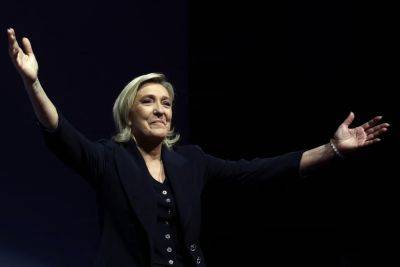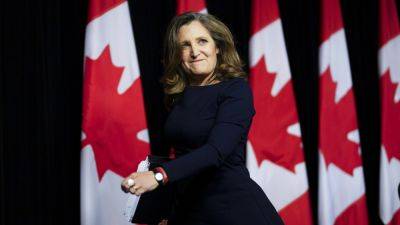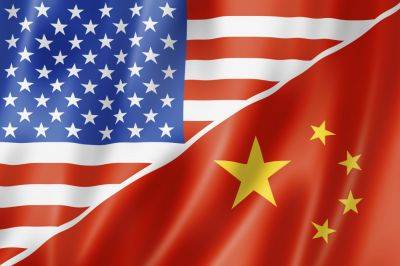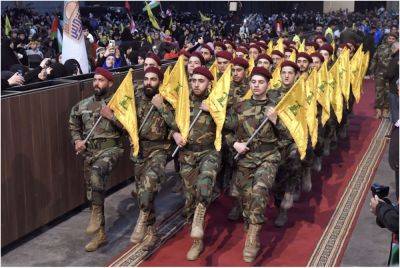Yellen: More Ukraine aid can be backed by frozen Russian assets after initial $50 billion loan
U.S. Treasury Secretary Janet Yellen said Thursday that the $50 billion loan to Ukraine that President Joe Biden and other leaders of Group of Seven highly developed nations have agreed to could be the first of multiple loans backed by frozen Russian assets.
"This is not the last time this can be done. This is the first tranche and if necessary, there's more behind it," Yellen told reporters at an event hosted by the Economic Club of New York. "We're getting Russians to help pay for the damage that it's caused."
The $50 billion loan will be backed with at least $260 billion worth of frozen Russian central bank assets as collateral. Most of those funds are held in European Union countries.
On Thursday, Biden and his G7 counterparts struck a deal on the loan, which will help pay for military resources, humanitarian aid and support for rebuilding Ukraine, as Russia's bloody invasion stretches well into its second year.
Yellen has been actively involved in negotiating the loan. But she said that actually distributing the funds would be complicated.
"While we're trying to move quickly on this, I can't give any type of timeline as to when money would actually start flowing to Ukraine," Yellen said.
Part of hashing out the details will be figuring out how much money each G7 nation is willing to contribute to the loan.
If necessary, the U.S. will commit the entire $50 billion, a senior administration official told reporters Thursday on a press call. But Washington expects at least some of the G7 nations to pledge at least a portion of total.
"I think it's important for Putin to realize that we remain completely united in support of Ukraine," Yellen said. "We intend to give Ukraine the resources it needs to wage an effective war against







